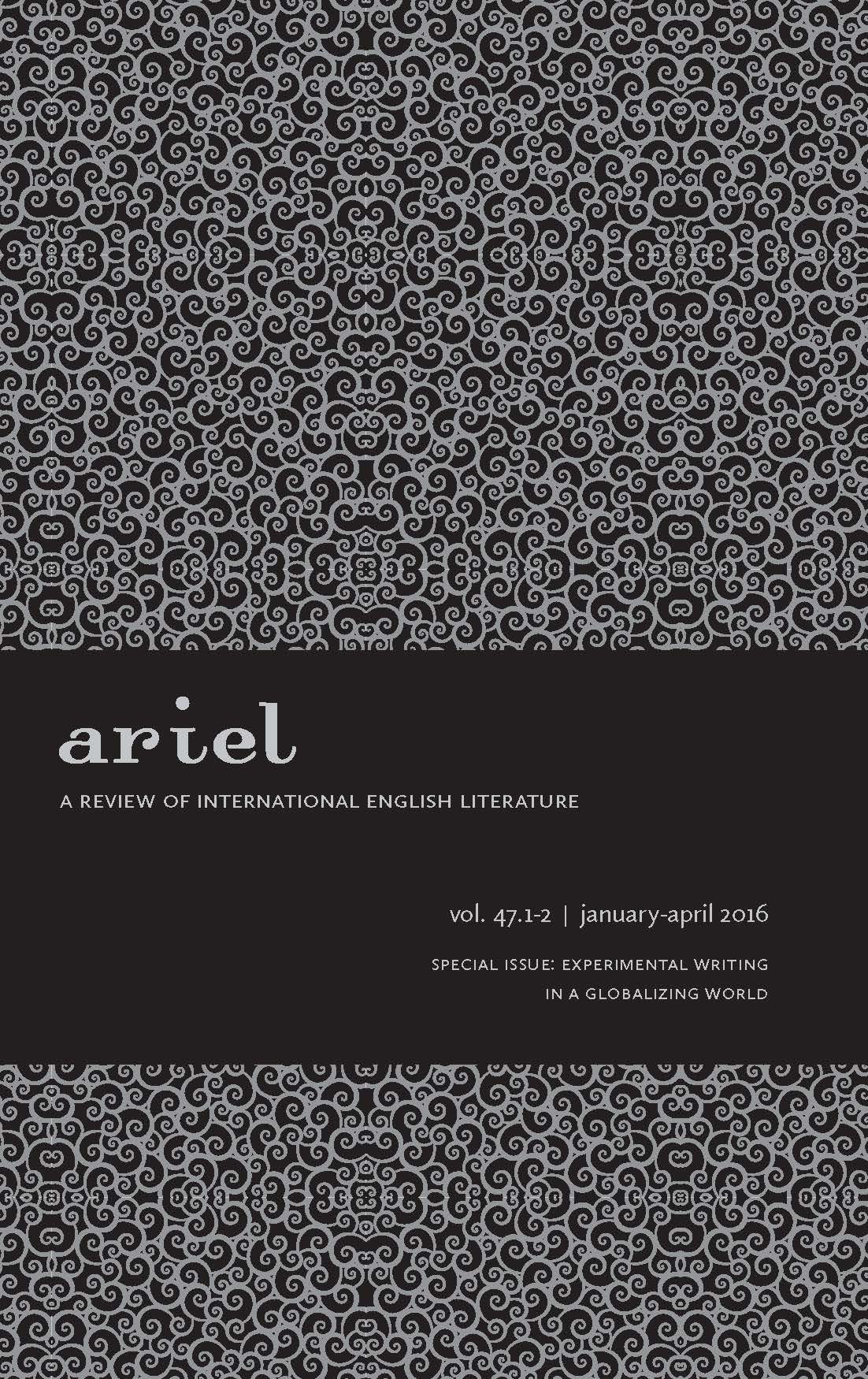Threnody Unthreaded: Iraq and its Aftermath in Richard House’s The Kills
Keywords:
Richard House, multimodal, hypertext, Iraq, violence, trauma, threnodyAbstract
Richard House’s epic novel in four parts, The Kills (2013), is a sprawling digital narrative whose intricate threads girdle the globe, yet lead us back to one particularly ugly tangle: a sum of $53 million embezzled by an American contractor in the desert in Iraq. I read House’s novel as a counter-narrative to what Judith Butler has called the ‘frames of war’, a dominant media narrative of Iraq which renders certain deaths ‘ungrievable’. Though a threnody of sorts, House’s dismembered narrative—full of chronological recursions, unsettling internal echoes and inexplicable disappearances—works against any sense that to progress through the novel is to complete the work of mourning. Irresolution does not, however, breed passivity in the reader. Instead through its form, its digital content and its manipulation of the generic conventions of the thriller, The Kills makes the reader work to piece together information and resist false connections, a masterclass in networked reading and the skill of resisting manipulation in the information age. The trailing threads of House’s unthreaded threnody are ultimately a provocation to the reader to continue the work of mourning, not by forgetting, but by remaining indignant, inquisitive and engaged in events which exist outside the personal sphere.


